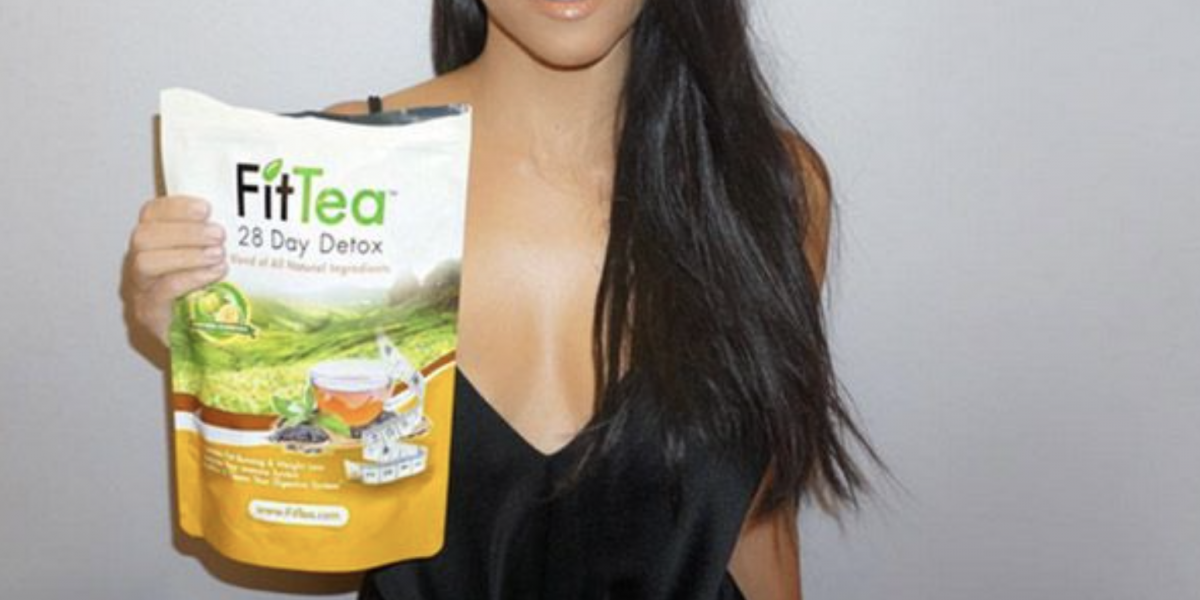“The worst thing you can put in your body is diet coke” – this is a quote from a post I saw from a ‘fitness influencer’ last week on Instagram. I’m no expert but I’m certain there are way worse things that can enter your body…
The scary thing is, this isn’t a rare occasion where an influencer has spread some utter sh*t about nutrition to the Instagram world.

The posts on social media that promote weight loss pills, fad diets, and products claiming to “help you lose weight” have always come across as harmful to me. During the first lockdown, I completed an online course on Personal Exercise, Health & Nutrition. I gained a lot of knowledge in this field, understanding what our bodies need to thrive, the importance of all food groups, and the impact food has not only on our physical health, but on our mental health too. With this knowledge, products like these could only be considered a fad.
In the UK there are 34.6 million Instagram users aged 13+, with the highest proportion of Instagram users in the UK being females under the age of 24 (as of May 2022) [1]. A recent study, which included 269 women aged 18–30 years old, looked at the relationship between posting or viewing ‘fitspiration’ and clean eating imagery in relation to body image, disordered eating, and compulsive exercise among women. The findings suggested that viewing fitspiration and clean eating content on Instagram is negatively associated with thin-ideal internalisation and disordered eating symptomatology, however the same relationships do not exist for people who frequently post these types of material [2].
However, this issue is nevertheless growing.
Whilst digging around and doing some research, I found that the ASA (Advertising Standards Authority) have begun banning posts from celebrities/influencers that promote weight loss gummies and shakes, as their promise to suppress your cravings – and stop you from snacking and overeating – are an extremely unhealthy (but prevalent) lie [3].

James Smith, a Personal Trainer, has taken to Instagram to begin debunking these myths, making sure the public aren’t listening to such claims. In one of his videos, he can be seen calling out reality star Megan McKenna, who, while promoting fat burning leggings to her 2.5 million followers, stated that “when you sweat in them, really sweat, they make you burn fat quicker.” 🤯
Could it be that Instagram influencers feel no remorse due to the para-social relationship between the influencer and the audience? Are they promoting these products/stating these claims because they think they are the truth? Or are they just doing it for the money?
Social media is already so influential and can have negative effects on people, especially regarding body image, these fads being pushed by influencers is unhealthy, and it needs to stop. In my opinion, we should be educating those around us on the importance of a healthy relationship with food, and we should similarly be making sure online products are vetted, such as what the ASA are doing, in order to raise awareness of social media’s fraudulent tendencies which are often masked as honesty.
By Ella Halewood



